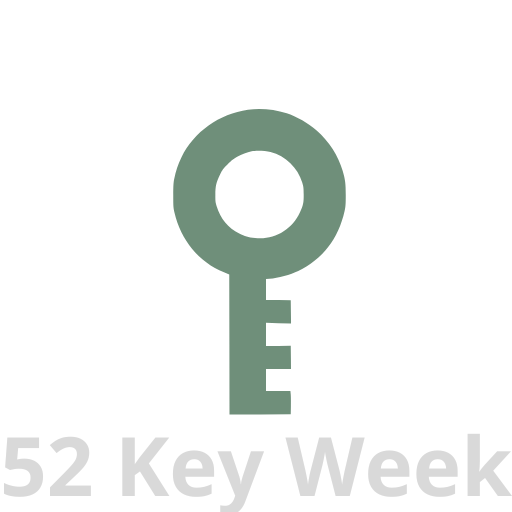Diabetes Symptoms
Health challenges rarely appear suddenly. They develop through small imbalances over time.
Small adjustments prevent larger problems.
At 52 Key Week, we believe that weekly adjustments protect health through consistent care.
Why Small Adjustments Matter
Small changes are easier to maintain.
They prevent stress and resistance.
Consistency protects health.
Identifying What Needs Adjustment
Awareness reveals areas for improvement.
Sleep, movement, and stress are common starting points.
Adjustments Over Corrections
Adjusting gently works better than forcing change.
Health responds to kindness.
Weekly Adjustment Examples
Examples include:
Going to bed earlier
Adding light movement
Reducing stress triggers
These protect balance.
Adjustments Build Resilience
Small corrections prevent burnout.
Resilience grows through care.
Reflection Guides Adjustment
Ask:
What felt off this week?
What small change could help?
Reflection supports clarity.
Long-Term Protection Comes From Consistency
Health stays strong through repeated care.
One Adjustment Is Enough
Choose one small change this week.
Protect your health steadily.
Read More
Leave a comment.















0 Comments